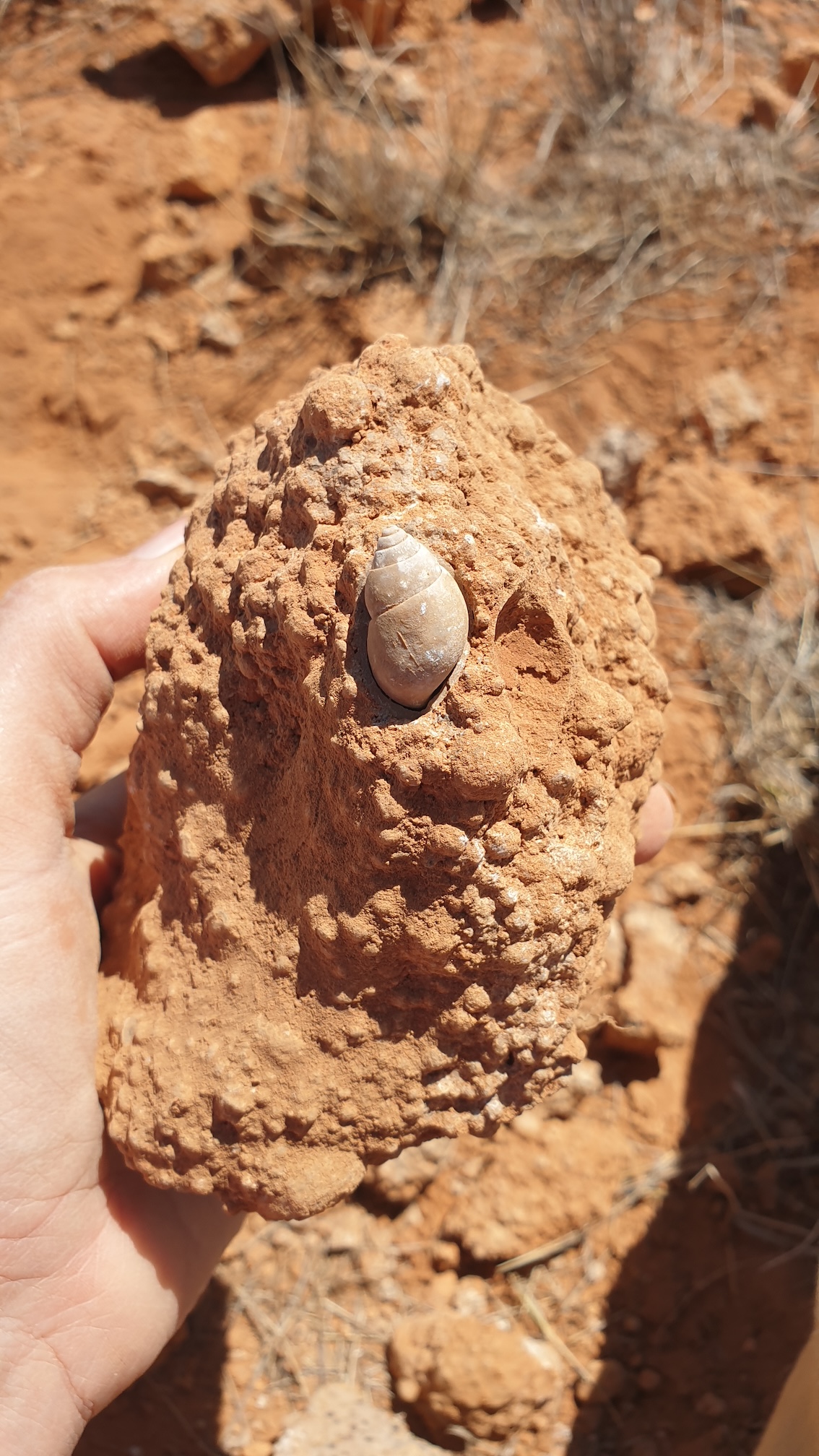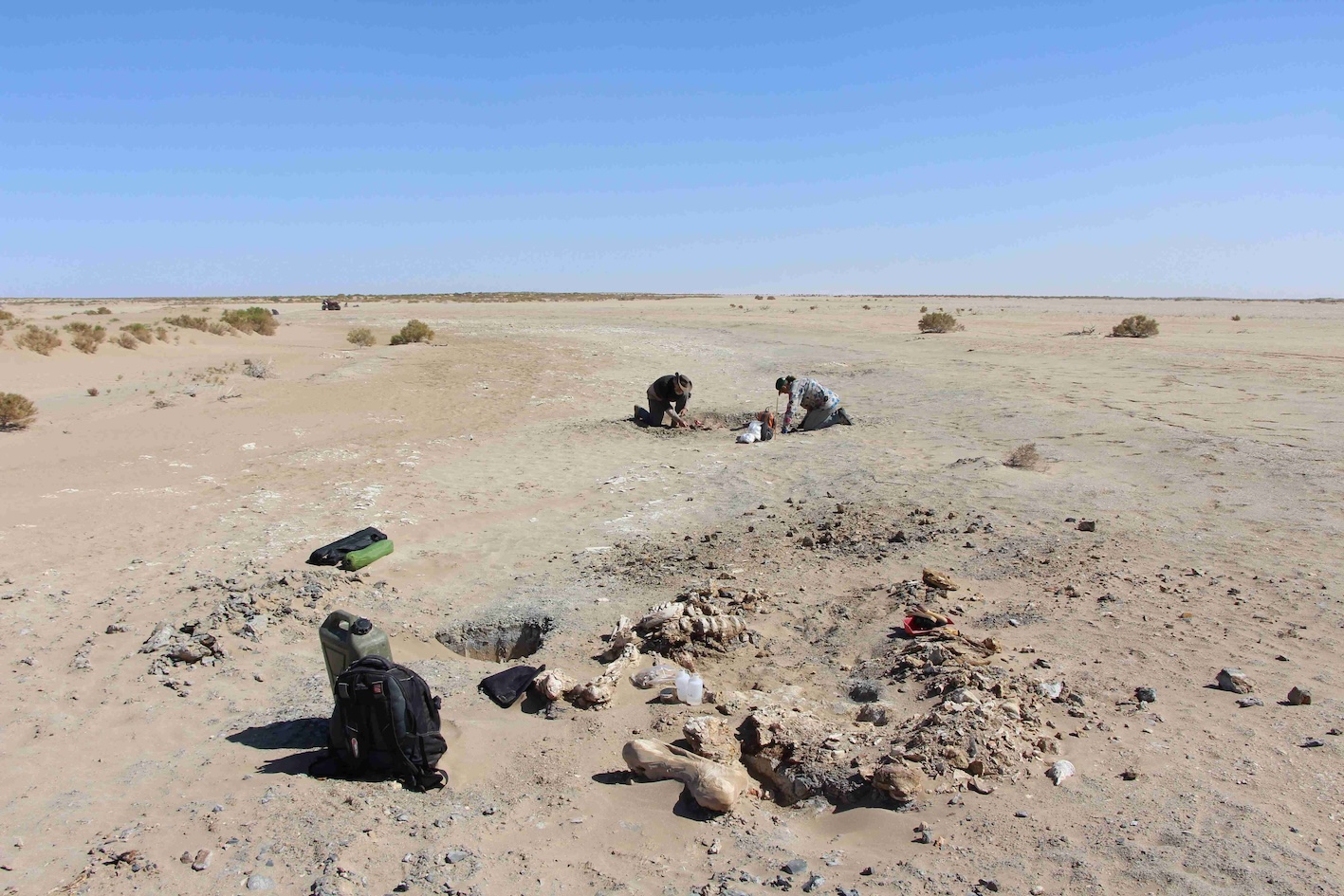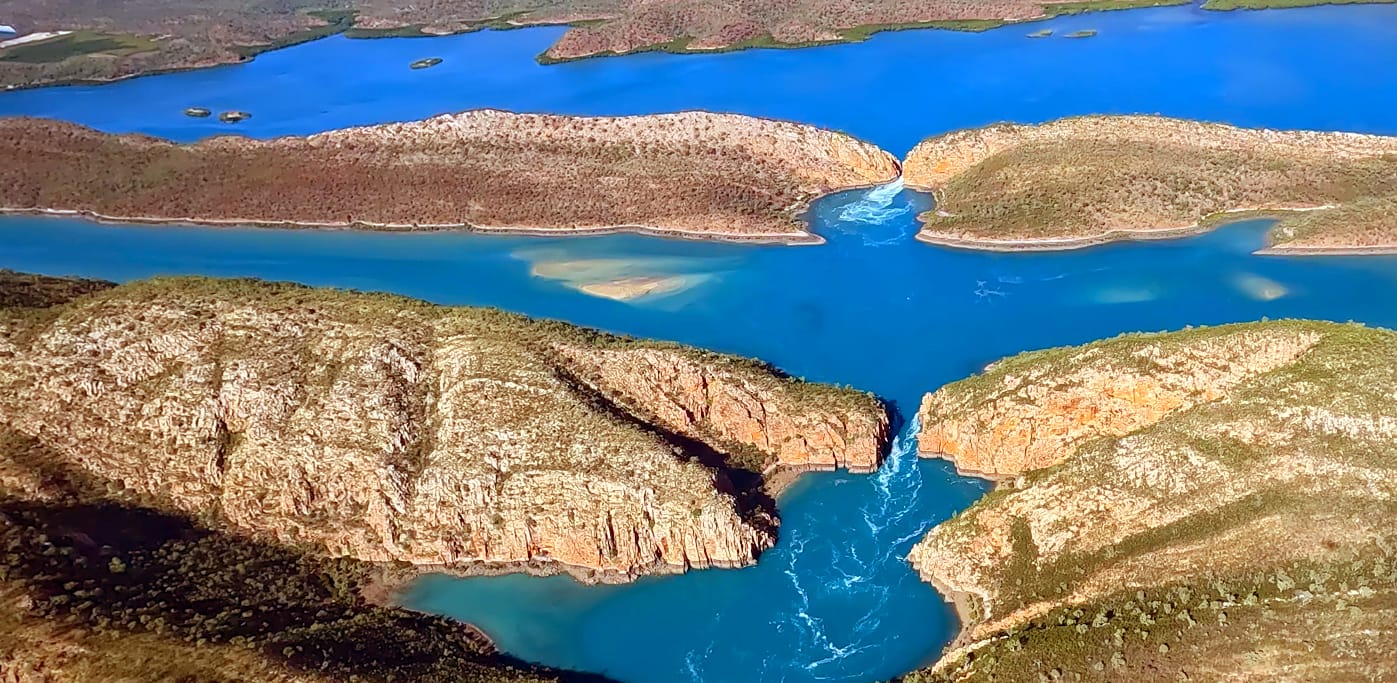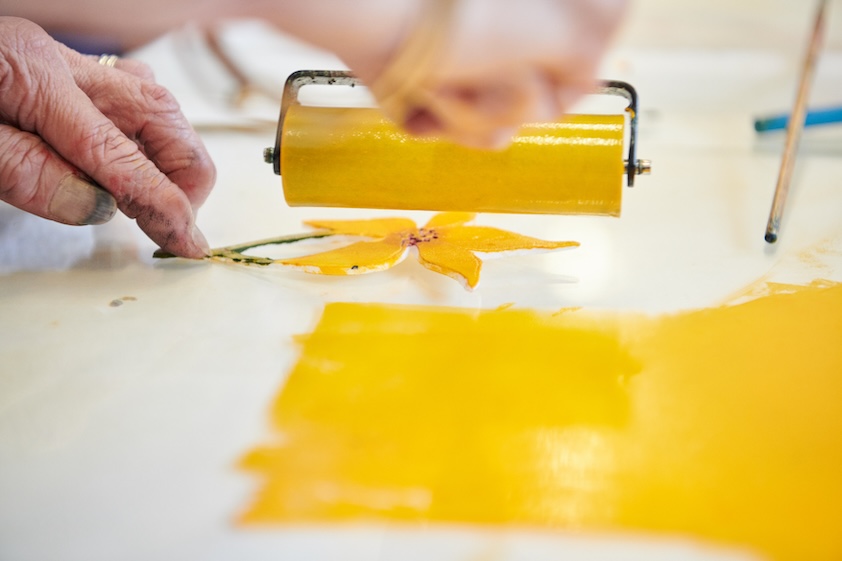A WARM breeze tinged with the heady scent of frangipani wafts through the reception area as each newly arrived guest is presented with a colourful cocktail.
The resort’s atmosphere is pure island holiday but the woman beside me seems oblivious.
She twirls a pair of oversize sunglasses as her husband strides purposefully towards the gift shop.
‘Hurry up!’ she calls after him.
‘I’m trying to relax!’
Her comment would be hilarious if, for many travellers, it were not so true.
Holidays were once an opportunity to unwind and enjoy a destination; to revel in its sense of place; to forge relationships with local people and take home memories more precious and long lasting than any video recording.
Unfortunately life has since become so fast-paced that travellers often feel compelled to cram in as much fun and activity as possible.
But what joy is there in spending vast amounts of time and money selecting a destination, accommodation and activities, only to arrive too harried and stressed to enjoy it?
Many time-poor adults long for the laid back holidays of their childhood, when simple pleasures like wandering up the road for an ice-cream or laugh- ing with new-found friends used to bring them such joy.

Although it did not have a name back then, most of these holidays revolved around what has since become known as “slow travel” and holiday makers have come to realise how much they have come to miss them.
Rediscovering the art of travelling slowly is perhaps the most rewarding journey modern travellers can take.
A leisurely schedule is helpful when it comes to travelling slowly but it far from essential.
Slow travel is not about moving at a snail’s pace, rather it is about taking time to revel in the whole travel experience.
Your slow travel journey can begin before you leave home.
Reading a travel narrative or novel set in your destination of choice helps to create a sense of connection with the place you are visiting long before you arrive.
The characters in novels grab you by the hand and drag you through a city.
They make you live it through their eyes, make you walk the streets with them and make you fall in love with it.
And if their view is gritty rather than romanticised?
Well, perhaps that’s not such a bad thing.
Slow travel means resisting the temptation to create a long list of “must- do” sights so you can fo- cus on engaging with the local culture instead.
Take a cooking class to learn more about the cuisine, stay with a local family or time your visit to coincide with a cultural or religious festival.
EatWith can match you with someone who will cook you dinner in their own home or you could support the slow travel philosophy of microphilanthropy by seeking out the work of local artists.
All of these moments of connection help travellers develop and maintain meaningful links with distant places long after they return home.
Slow travel can also be about embracing the road less travelled.
Sometimes it pays to look beyond the standard tourist trail for sights and activities which encapsulate a destination.
Angkor Wat is deservedly popular but why not explore some of Cambodia’s beautiful, lesser known monuments instead?
Ruins such as Beng Mealea and Koh Ker are worthy rivals to Angkor and can easily be visited in a day.
The lack of tourists is an added bonus, allowing visitors to fully experience the ruins and gain a unique appreciation of their remote beauty.
It is true that some locations make slow travel easier than others.
On the Maldives, sunlight glimmers on the ocean, secluded beaches beckon and there is seldom a cloud in the sky.
It is almost impossible not to travel slowly in a destination such as this.
That said, travelling slowly requires a certain state of mind rather than a specific destination.
Anyone can do it, regard- less of their budget, destination or age.
The faster we live life, the more we lose the connection to its most important and rewarding aspects: the people, places, learning, sharing and sense of community which make life great.
American actress Mae West once said, “Anything worth doing is worth doing slowly.”
Those who practice the art of slow travel would agree.
FAST FACTS:
Want to know more about the slow movement and travelling slowly?
Visit































![Melasti Festival_credit Trevor Templeman[1]](https://www.haveagonews.com.au/wp-content/uploads/2017/08/Melasti-Festival_credit-Trevor-Templeman1-696x462.jpg)

